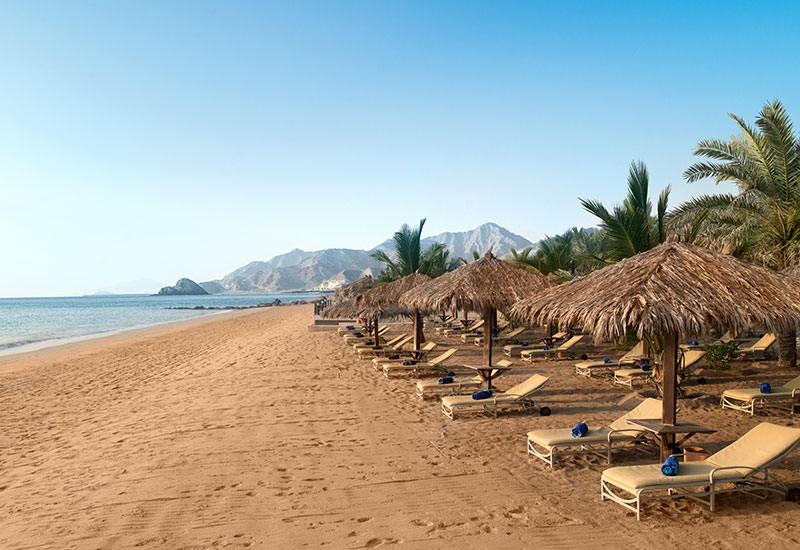Jones also believes that it is economically more beneficial and more profitable to retain existing customers than acquire new ones.
“Members book direct reducing distribution costs. Members pay a premium for the experiences they desire and value most. Members stay more often, stay longer, spend more and are more engaged. Ultimately engaged members drive more business through positive word of mouth,” he said.
Agreeing with Jones, Accor’s Leoni said that “for the hospitality industry, loyalty programmes are incredibly important. Happy guests translate to loyal guests. Loyal guests are not merely repeat customers, they are also brand ambassadors. This in turn has a positive impact on the company’s brand equity.”
Among the newer generation of customers, the level of priority placed on loyalty has shifted and according to Leoni, the Le Club AccorHotels programme itself is therefore driven by loyalty fundamentals, such as generosity, recognition, experience and engagement.
“These individual principles are reciprocated, in varying degrees, by our brand ambassadors and directly translate to factors that impact the business’s financial success,” he added.
The Le Club AccorHotels programme also encourages an “earning by spending” concept which drives product sales across an extensive range of brands.
However, with so many loyalty programmes out there, competition is rife between hotel groups.
“Competition is fierce in the loyalty programme industry, no doubt,” according to Jones.
He also believed that when it comes to loyalty, transaction-based relationships are no longer enough. Consumers want meaningful, personal relationships and are looking at everything from expanded buying power, new benefits, and exclusive access to smart apps.
“The biggest reason for loyalty programmes not to work, is when it takes too long to earn rewards or is too complicated to redeem points. One of the things that members love is to reach a certain status that allows them additional benefits and perks. If you’re not getting this kind of specialised communication, the programme may not be the real deal for you,” said Jones.
However, For Marriott International, the loyalty of its members is important says Jones which is why they have worked hard to create a programme that is based on the aspirations of its members and gives them what they value most- more destinations, more rewards and more experiences.

| Advertisement |
What's the real benefit of loyalty programmes?
In general, many Middle East travellers and residents are ‘missing a trick’ when it comes to loyalty programmes, according to Shaun Clark, editor and founder of Eat Drink Stay Dubai.
“They’re either in one and not getting the optimum value or benefits, or they are not aware of how almost everyone could benefit from their use,” he said.
According to Clark, the real benefit in loyalty programmes comes from transferring casual spending to earning points/miles in one programme, and then transferring to another programme for increased benefits.
“Hotel loyalty programmes are basically for marketing and promotional purposes, so without them, hotels would have to work harder on other customer acquisition and retention methods. Although hotel loyalty programmes used to be focused primarily on business travellers, in recent years there’s been increased targeting of leisure travellers,” Clark added.
Clark is of the opinion that loyalty programmes do bring travellers to a brand or chain, so they are ‘worth it’ to the companies: “Loyalty marketing influences the ‘Holy Grail’ of travellers — the returning guest, who ‘buys in’ to the brand, with more on-property spend (restaurants, bar, spa etc.) because it increases their miles/points balance.”
Hotels are also increasingly using loyalty programmes for customer insight and to tailor services to preferences. It’s not unusual for an ‘elite status’ traveller to be recognised when returning to a property, which according to Clark, builds a sense being valued.

| Advertisement |





